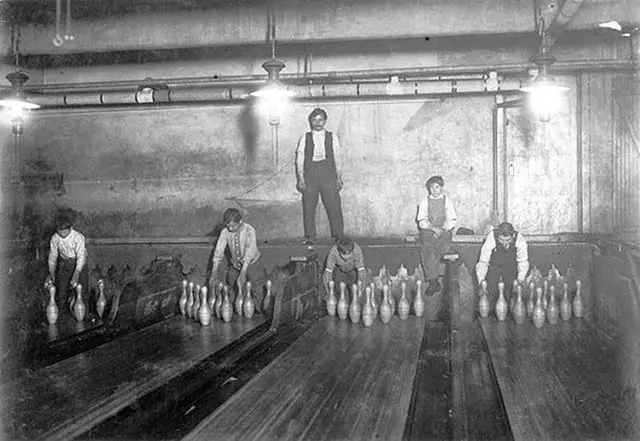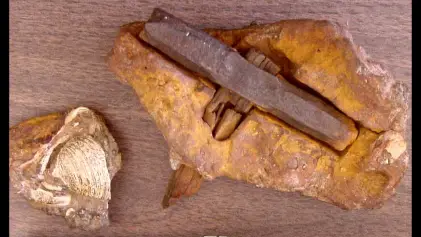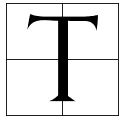 he 20th century has seen an extraordinary amount of technological evolution that sadly made some jobs obsolete, giving a rise to the rate of global unemployment. Machines have started to slowly replace manual jobs as they are cheaper and much more efficient. A person needs to be recruited, trained, and eventually promoted which inquires high costs whereas a piece of machinery comes with only one price and the eventual maintenance work in case it breaks down.
he 20th century has seen an extraordinary amount of technological evolution that sadly made some jobs obsolete, giving a rise to the rate of global unemployment. Machines have started to slowly replace manual jobs as they are cheaper and much more efficient. A person needs to be recruited, trained, and eventually promoted which inquires high costs whereas a piece of machinery comes with only one price and the eventual maintenance work in case it breaks down.
Since the start of the 20th century, most of the world’s population doubted the practical use of technology because they felt it was not reliable. This was true as the technology wasn’t very “high tech” at the time, but as it evolved to become more efficient in its performance and ease of manufacturing the world became scared that this asset might replace them.
This problem is being debated more and more as technology is evolving at the fastest pace yet, reaching new peaks week by week and also taking the jobs of many in this process. In remembrance of some vintage job roles, here are 10 jobs that you probably didn’t know existed as most of us were born in a highly technologically developed era.
1. Knocker upper
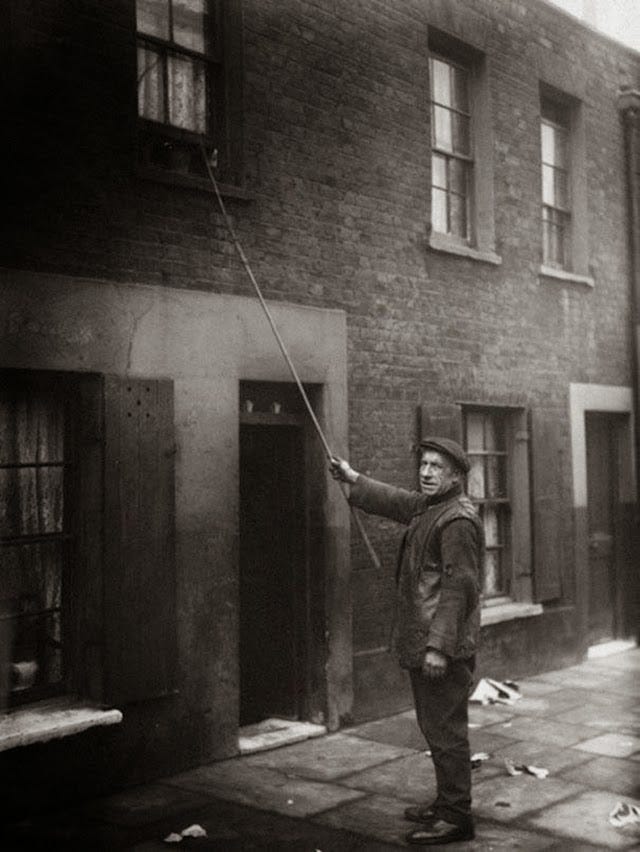
The human alarm clock, as I like to call it, was quite a demanding job as many people used this service because alarm clocks were quite expensive at the time and people needed something to wake them up for their early shifts.
A Knocker Upper would charge something like six cents per person to wake them up each morning. If you think about it, it was quite a well-paid job for the standards of the early 1900s. However, the workers had to wake up very early and rush to each house, making sure that they don’t break the window when knocking.
The job started to disappear around the 1940s as alarm clocks became more accessible. It is said that this job predates medieval times, however, it was probably used even in ancient times.
2. Rat Hunter
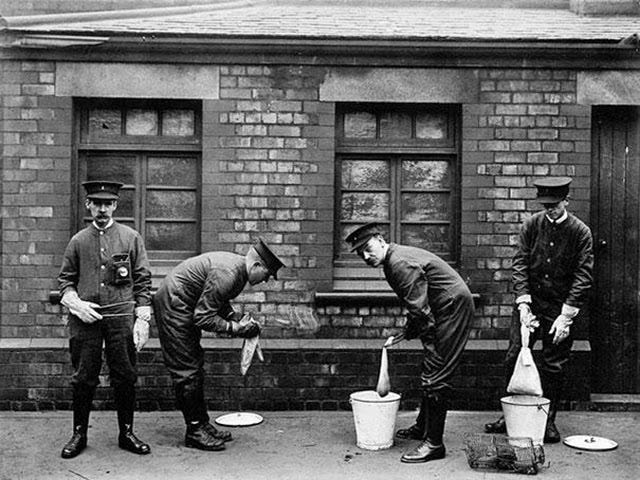
This role existed before the invention of sophisticated rat traps or other pesticides. For over 1000 years, rat hunters were hired around Europe to kill the vast population of rats, especially during epidemics and pandemics as rats are carriers of diseases and plagues.
Rat hunters were specifically hired to hunt rants around cities and kill every and each one they lay their eyes on. This job role has significantly lowered the population of rats around Europe. After the Spanish flu pandemic, the job started to become obsolete as a high percentage of rats had been exterminated and many inventions coming to the market such as rat traps and chemicals were used to efficiently kill rats.
3. Ice cutters

The job role of an ice cutter was quite popular especially in the northern regions of the world. Back in the day, there were no modern refrigerators that could produce ice instantly, therefore ice had to be harvested from frozen lakes.
This was a very hard job as the weather conditions were usually extreme and the blocks of ice were very heavy. Ice was used in numerous manufacturing industries as well as bars that paid good money for ice.
At the start of the 20th century, the job became obsolete as the refrigerator was invented and ice was easy to make rather than harvest for a big price.
4. Pinsetters
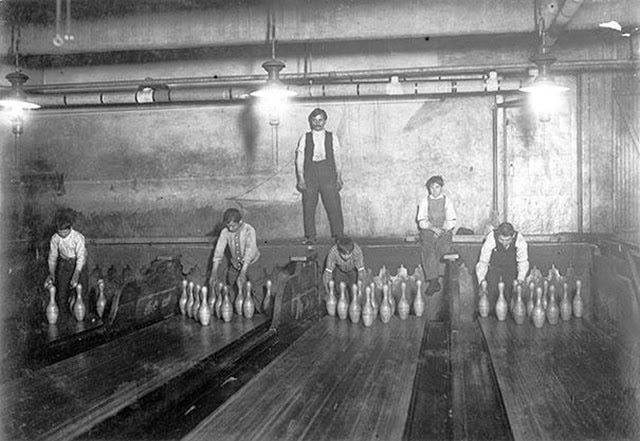
The job of pinsetters is as old as bowling, something that is debated even to this day. Modern bowling was created during the 1930s however historians debate that bowling originates from Ancient Egypt.
Back in the day, there were no automated pinsetters, therefore at the end of each bowling alley sat usually a young boy working for very little a day re-setting the pins in the right place once they had been knocked down.
In the 1950s, when bowling became really popular, a mechanized pinsetter was created, making the job obsolete as this technology was more efficient as well as more reliable.
5. Pre-radar Listener for Enemy Aircraft

Until the invention of modern radars that can detect airplanes, it was up to huge inventions to intercept sounds from afar, which would be listened to by a human ear.
This role involved the constant attention of the employee as the enemy could attack at any time. From this list, this is one of the shortest-lived jobs as in 1935 the modern radar was invented, making this role obsolete, however, I don’t think people really complained about this one that much.
6. Log Driver
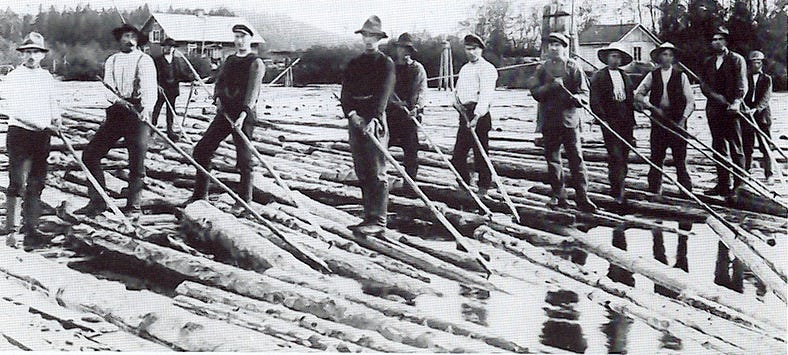
This may seem like something odd but before the invention of automobiles who do you think carried wood logs? Carriages pulled by horses didn’t have the power to go quick enough and building train tracks in a forested area wasn’t always possible so it came down to the log drivers.
The job of a log driver involved carrying the logs down the river until the mill where they would be processed. As logs float it is much easier to transport them. This has however been made obsolete by trucks that are able to carry tons of wood without a sweat. This job existed as long as the world and when it became obsolete it made a lot of people redundant.
7. Lector who entertained factory workers

Working in factories during the 19th century was quite daunting, doing the same job over and over again was quickly becoming boring and this lowered performance of employees.
In order to give employees a boost and to keep them entertained whilst working, factories employed lectors that would read aloud newspapers or books to factory workers.
These people were considered the heart of every factory as they kept the performance of employees high and highly motivated. This job was prestigious and very well paid.
With technology such as radios, there was no need for lectors, making their role in factories obsolete.
8. Lamplighter

Lamplighter is another old profession that went extinct with the invention of light bulbs. Before electricity, street lamps would be lit by lamplighters who had to make sure that all the lamps had enough fuel for the whole night.
This was a very common job around the world, especially in the 19th century with the introduction of gas lamps. With the creation of the light bulb and the development of the required infrastructure to run such an electrical system lamplighters disappeared as the streets were lit with only the flick of a switch.
9. Switchboard Operator
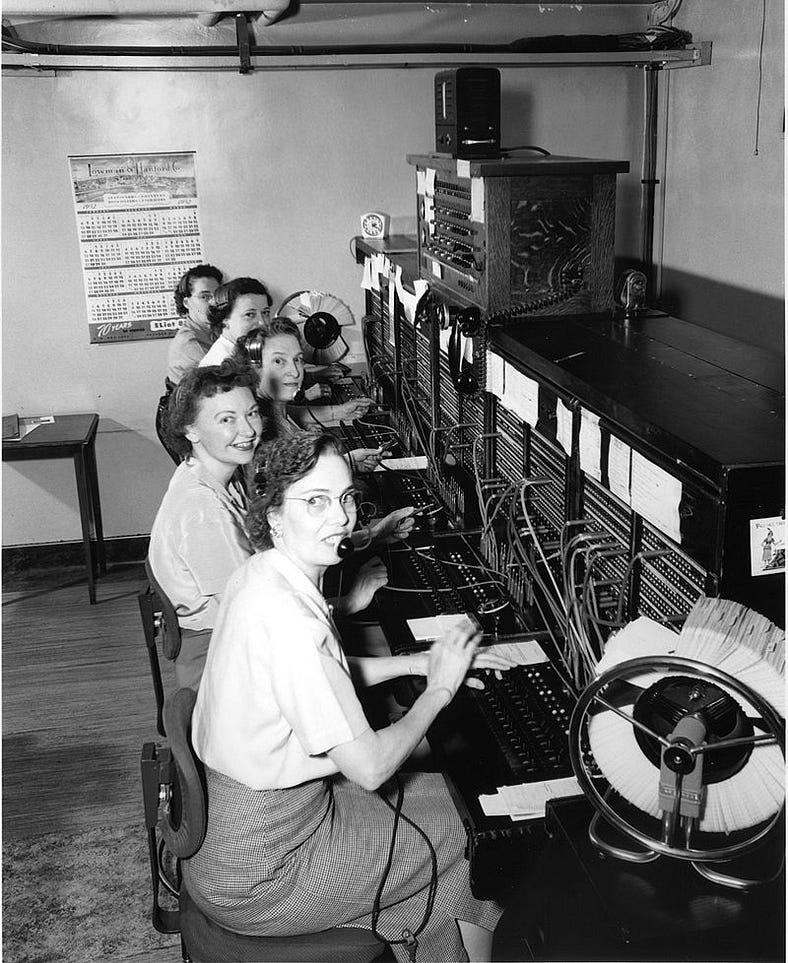
At the beginning of the phone era, telecommunication companies used a manual central board that would require a person to make the connection between the original caller and whomever that caller wanted to get in contact with.
This created a very large pool market for switchboard operators, so much so that when this job became useless, it created one of the biggest redundancy revolts in the world.
A very interesting aspect is that this job didn’t die until 1983 with Susan Glines who was the last switchboard operator in a very rural area where hand-crank phones were still used.
10. Grave Robber

The last and the oddest one was the job of a grave robber. Don’t mistake this with a tomb raider as grave robbers were not hired to steal treasure from the grave of a person, they were hired to steal just the corpse.
This job became infamous during the 19th century when universities or researchers wanted human corpses to analyze and research on. Corpses were difficult to obtain in a legal way so universities had to use other means to conduct their research.
This unorthodox job was paid extremely well and became recently extinct as with today’s technological advancements researchers can analyze the human body without having an actual corpse in front of them. At least I hope that the job went extinct…
From this list of extinct jobs, we can see how technology has impacted the world of work and hopefully open our eyes to how further technological evolution will impact the world of work, helping us understand how to prepare for such changes.
Despite having a lot of jobs replaced by robots, many are also created because someone has to check on these robots and do maintenance on them for now.
Avid Writer with invaluable knowledge of Humanity!
Upcoming historian with over 30 million views online.
“You make your own life.”

